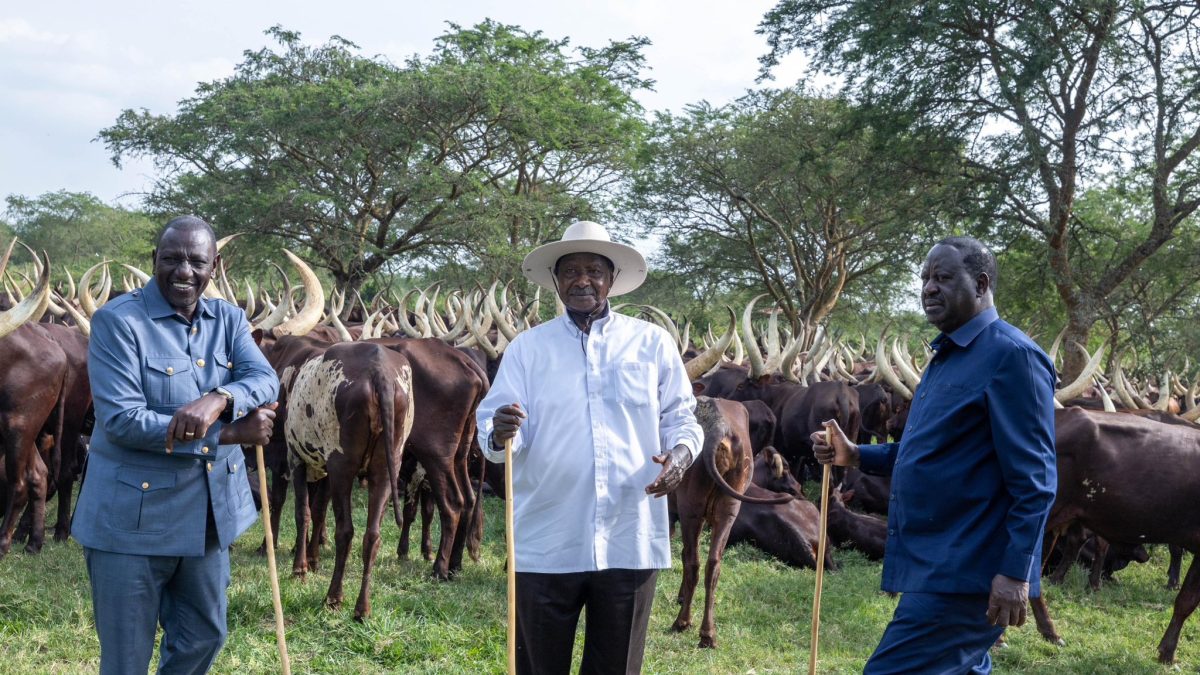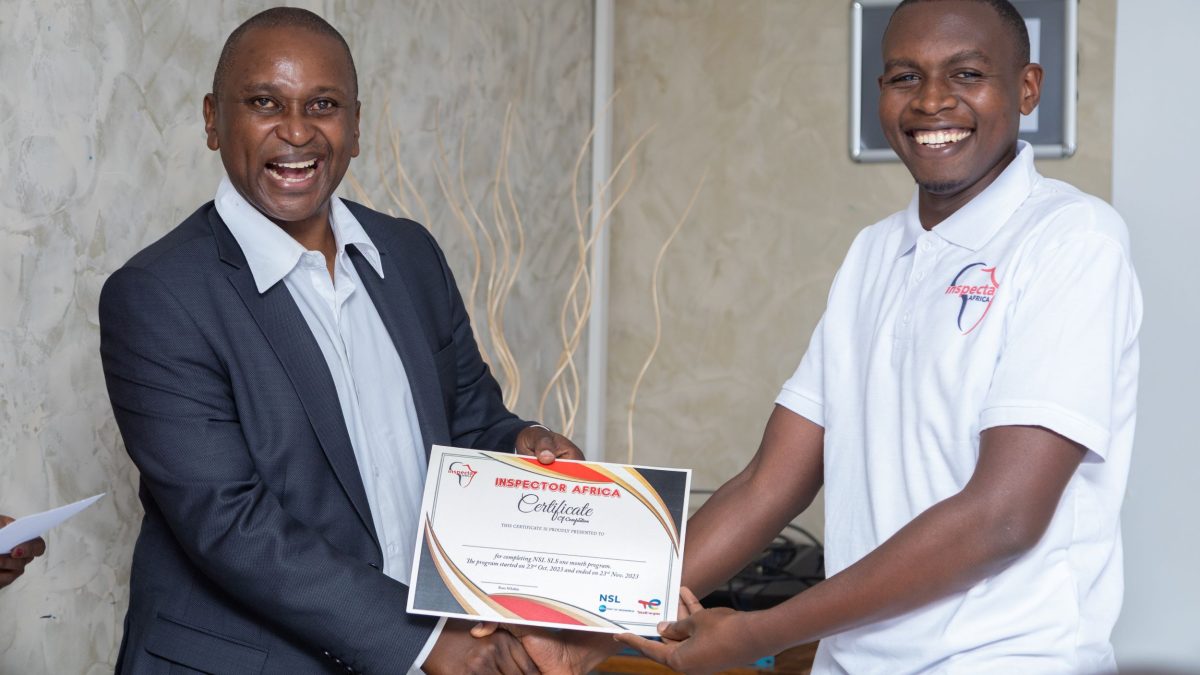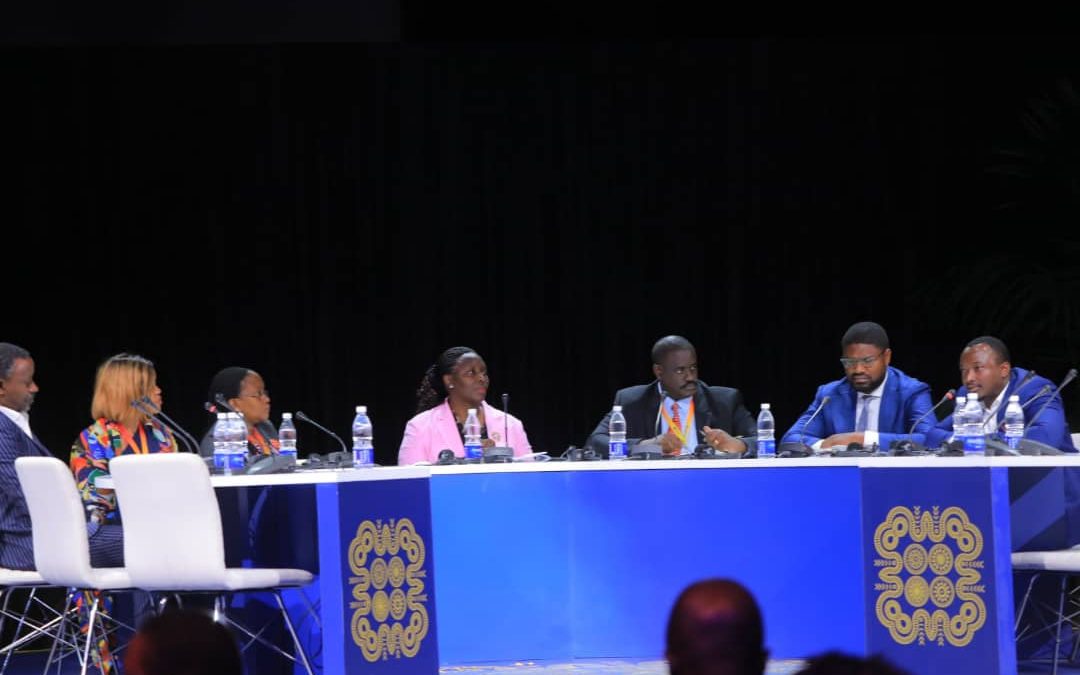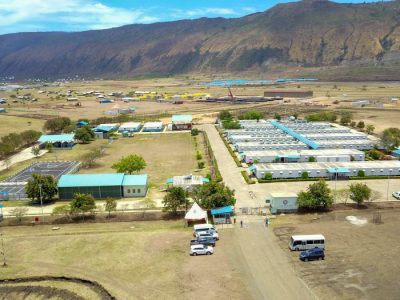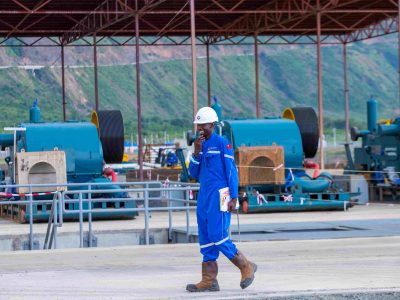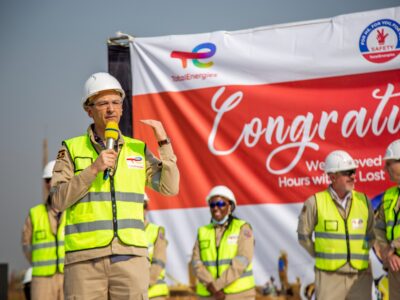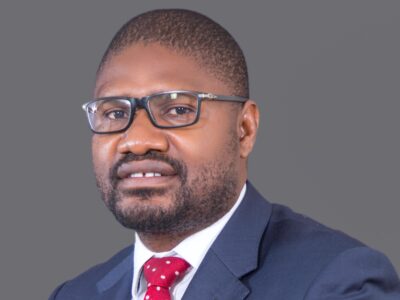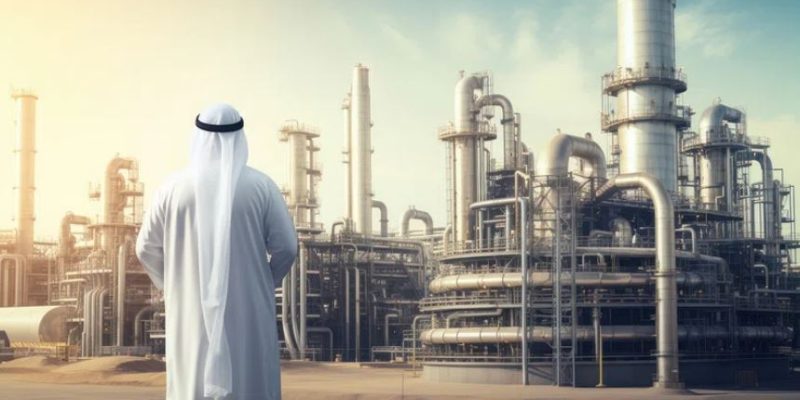
Uganda has chosen Alpha MBM Investments LLC, an Emirati company, to finance and construct a proposed 60,000 barrels-of-oil-per-day refinery; the strongest indication yet of the country’s decision to turn to the United Arab Emirates (UAE) to develop key major projects.
The selection of Alpha MBM LLC, a company chaired by Sheikh Mohammed bin Maktoum bin Juma Al Maktoum, an Emirati royal, is likely to open the floodgates for more companies to take up many of the spin-off opportunities that the $4 billion oil refinery is likely to create.
“A Memorandum of Understanding (MoU) was signed on December 22, 2023 between the Government of Uganda and Alpha MBM Investments LLC from the United Arab Emirates, outlining cooperation and negotiation terms for the refinery project,” Ruth Nankabirwa, the Minister of Energy and Mineral Development said, while delivering the annual oil and gas sector media update early this week.
Adding: “Negotiations of the key commercial agreements between the government and Alpha MBM Investments LLC commenced on January 16, 2024 and are expected to be concluded within three months.”
The selection of Alpha MBM out of a list of companies that had shown interest in the oil refinery presents Uganda with another opportunity to take a third shot at a project that government believes will change the fortunes of the country.
The refinery is expected to nearly wipe out Uganda’s petroleum import bill.
Earlier attempts by Russia’s RT Global, whose agreement was terminated in 2015, and later the Albertine Graben Energy Consortium, which got its concession cancelled in June 2023, had cast doubt about the future of the oil refinery, with some experts arguing that the commercial dynamics of the project were not favourable.
But after two failed bids, Uganda will hope that the third time is the charm. We have been told that Uganda’s technocrats are ready to offer some concessions for the project to succeed this time round.
The country has so far discovered more than 6 billion barrels of oil. Of that amount, between 1.4 billion and 1.7 billion is said to be recoverable.
Already, France’s TotalEnergies and China’s CNOOC are operating different fields in anticipation of oil production by an ambitious schedule of the first quarter of 2025.
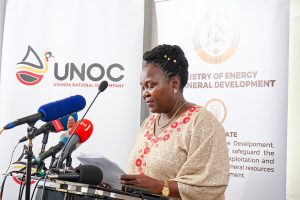
Nankabirwa addressing the media
Uganda’s oil will be pumped through an underground heated crude oil export pipeline (EACOP) from Hoima to the southern Tanzanian peninsula of Chongoleani. At peak, 230,000 barrels of oil are expected to be pumped through the pipeline. However, the refinery, when completed and fully in operation, will have the first right of call on the oil resources.
The availability of the credit financing for the crude oil pipeline has been delayed, and the challenges in convincing financial markets to put money on the table has played a part in Uganda looking towards the Middle East.
Environmental activists have been critical of Uganda’s oil projects, claiming a violation of human rights and a threat to the global efforts against climate change.
Uganda’s government officials have described such claims as blatant lies, and have called on all those behind the “smear campaign” to respect Uganda’s sovereignty, especially when it decides on what infrastructure to build.
Still, credit markets have been lukewarm whenever Uganda’s oil project has been presented that even China, which had shown a lot of enthusiasm in financing EACOP, has dragged its feet for far too long on the project.
Where China’s appetite appears to be weakening across the board, the UAE’s hunger seems to be insatiable. Online reports point to Abu Dhabi committing to invest $4.5 billion in clean energy projects across Africa in 2023.
That figure is expected to go up this year.
The UAE has over the last one year made its commitment to invest in Uganda quite clear. In return, Uganda’s government, especially President Yoweri Museveni, has made it crystal clear to his cabinet that UAE’s investments should not be frustrated. If anything, UAE’s investments have received a special red carpet from Uganda’s energy officials.
Take the proposed 20MW Ituka solar project, which is to be constructed by AMEA Power of the UAE. Uganda’s government has presented the project a sweet tariff that other similar project developers can only dream of.
Then there is the proposal from UAE’s Masdar to create a special purpose vehicle with Uganda’s government to build different solar power projects to produce a total of 1GW at a cost of $1 billion.
We have been told that the special treatment that the energy projects got played a role in the UAE committing to Uganda’s oil refinery.
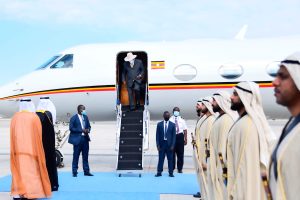
President Museveni visiting the UAE, last year
President Museveni has visited the UAE on three separate occasions over the last three years – the most number of visits he has made to one country over that period. During those visits, we have been told he has forged a special bond with the country’s top officials, which has been part of the reason behind the commitment towards the refinery.
Over the coming weeks, the government will negotiate with Alpha MBM over contracts like the Implementation Agreement, which is the anchor for all the other agreements, and the Crude Oil Supply Agreement, which confirms the availability of oil supplies.
A final investment decision (FID) on the refinery is expected at the end of this year; with its commissioning targeted for 2028.



